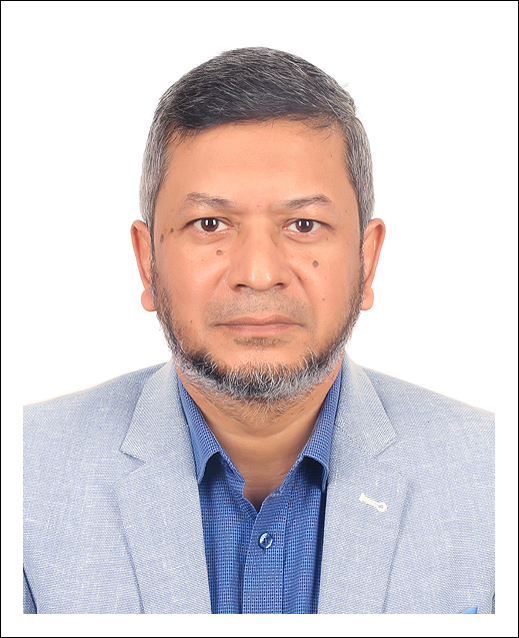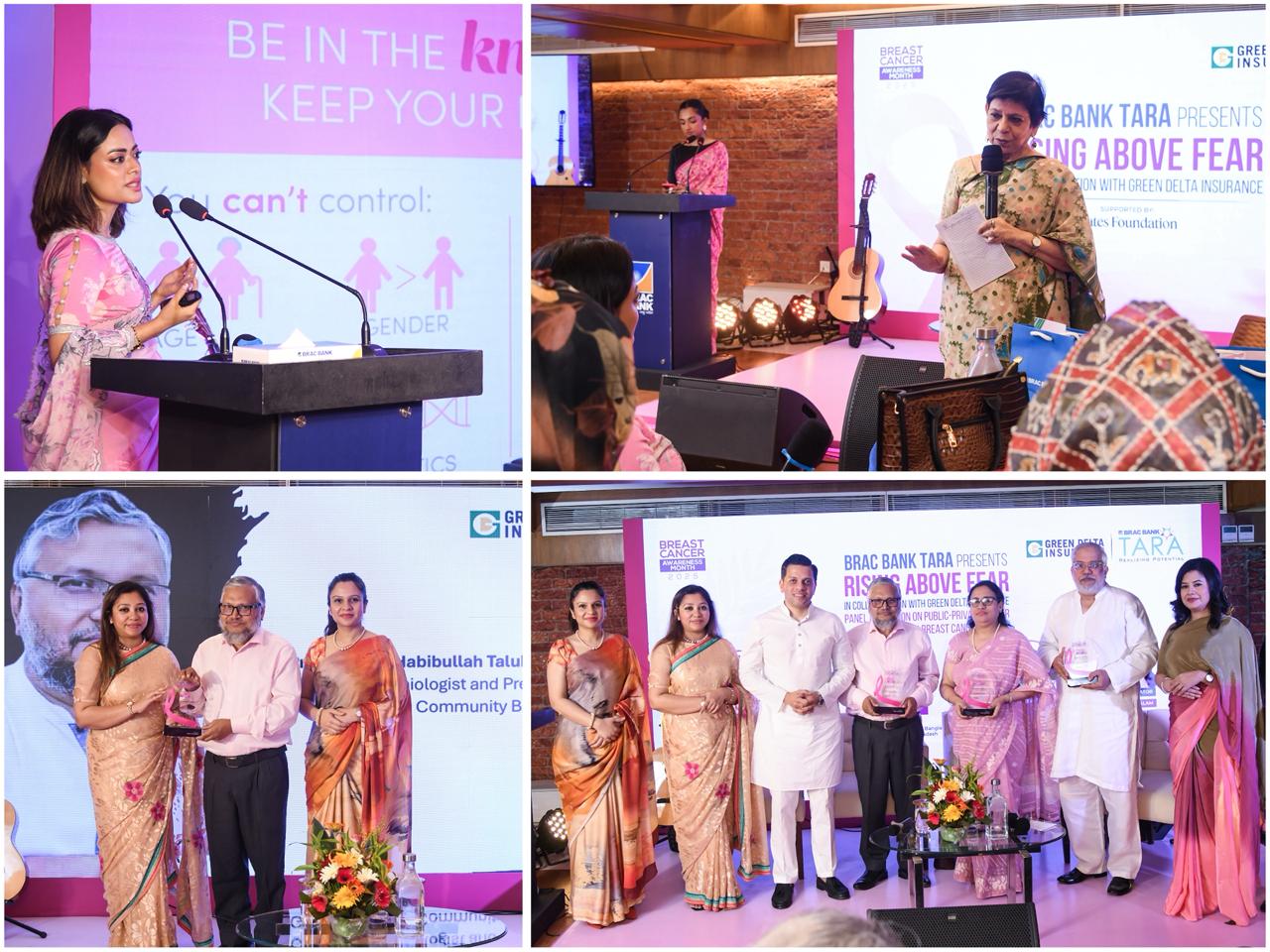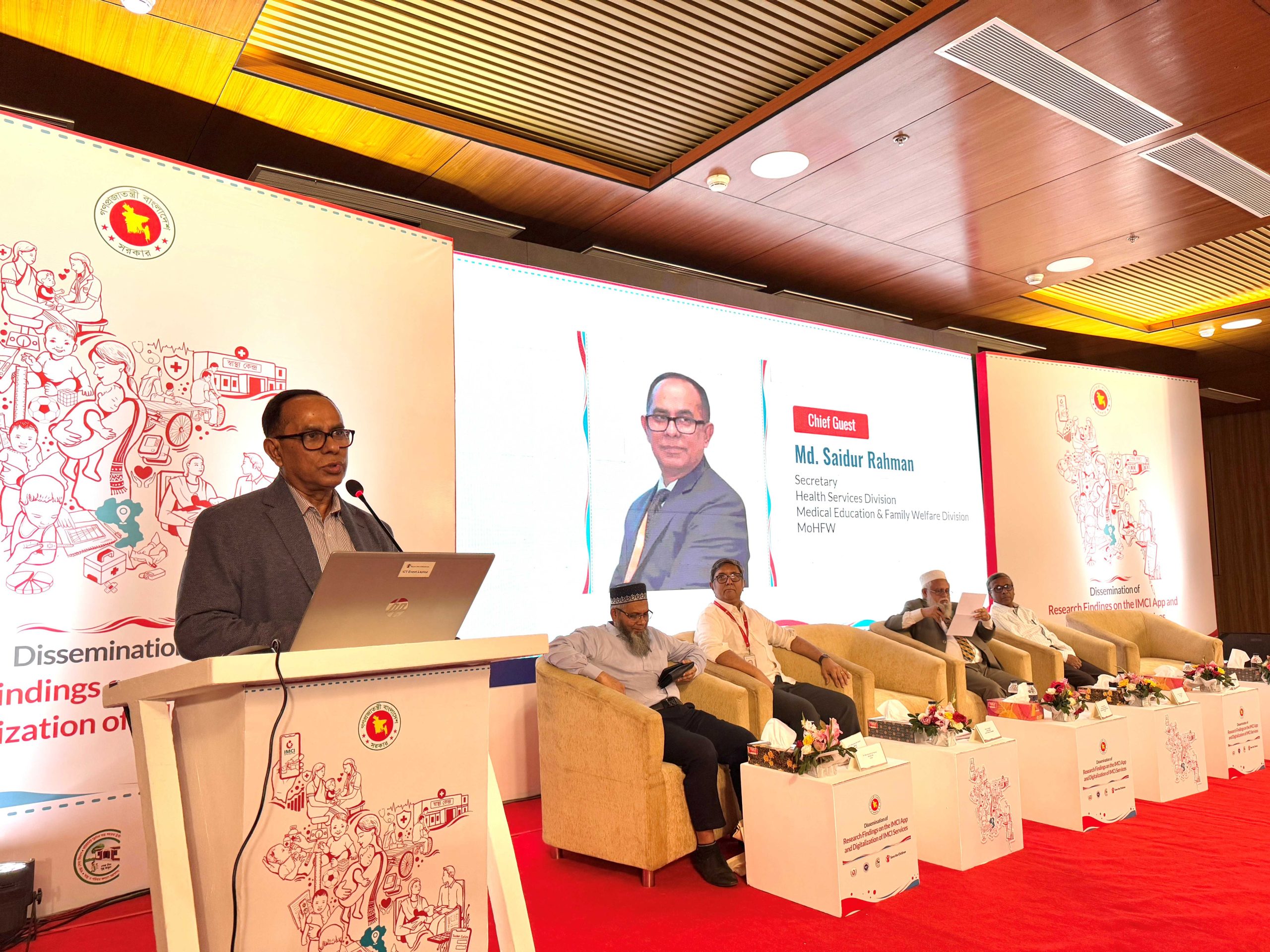Read more about November’s business and international news
Consumer confidence higher
Consumer confidence in Bangladesh increased 25.9 points in the first half of 2014 to 66.4 points from the previous six months, according to the MasterCard Worldwide Index of Consumer Confidence. It said 71% of the Bangladeshis are happy with the economic health of the country. The Bangladeshi consumers’ optimism contrasted the continued uncertainty in the global economy. Bangladesh recorded the biggest improvement among 27 countries from the Asia Pacific, the Middle East and Africa region covered in the study. The technology company in global payments first included Bangladesh in its survey in the second half of 2012.
Trade gap with India widens
Bangladesh’s trade deficit with India rose to US$5.579 billion in the previous fiscal year. The bilateral trade gap increased 33.5%, on a year-on-year basis calculation, in 2013-14 year and it has more than doubled in the past six years – from $1.978 billion in 2006-07. The balance of payments deficit has been attributed to increasing imports and slower exports. Bangladesh’s exports to India were valued at $456.633 last year million compared to $563.960 million the year before – a negative growth 19.03%. A major reason for import surge is that India has been one of the largest sources of raw materials for Bangladeshi manufacturing industries.
No more privatisation of SoEs
The government would take back properties of disinvested mills and factories, owners of which failed to resume production. Prime Minister Sheikh Hasina, in a meeting with officials concerned recently, said those properties must be recovered and allocated to those who are ready to set up small and medium enterprises. She asked the officials to take necessary steps in this regard. The premier also made a policy statement that no state-owned mills and factories would be privatised in future. The government had earlier in the 1990s accelerated the process of disinvestment of state-owned enterprises under the supervision of the Privatisation Commission.
WB, WTO for providing trade support
The World Bank and the World Trade Organisation will assist developing and least-developed countries to better utilise trade facilitation programmes which can help them reduce trade costs and fully engage in the global economy. Trade Facilitation was one of the important elements of the outcome from the Bali Ministerial meet and the WB is committed to the Bali deal. The WTO has launched its Trade Facilitation Agreement Facility, to ensure that no country is left behind and all are able to access the support they need. The WTO will work closely with partner organisations, including the WB Group, to identify sources of funding and support.
Slow pace in service delivery at Ctg port
It takes 11 days and 8 hours to unload imported goods at Chittagong sea port, according to the National Board of Revenue. And exporters have to spend four days and 22 hours to clear their jobs. Bangla daily Prothom Alo reported recently the state of service at the port that added costs of doing business. Chittagong Port’s position is the 108th in the World Bank’s ranking of global ports in terms of loading, unloading and shipments of goods. Based on study of 23 sea ports, World Customs Organistion found that the formalities that Bangladeshi importers faced would take 2 days and 14 hours at best.
Wage employment drives change in SA
Rural jobs allow people to escape poverty and urban jobs are a ticket to the middle class, says an analysis in Addressing Inequality in South Asia. Economic and occupational mobility has become substantial in the region in recent decades. Cities support greater mobility than rural areas, and that wage employment is one of its main drivers. In both Bangladesh and India, a considerable fraction of households moved above the poverty line between 2005 and 2010. A sizable proportion of the poor and the vulnerable moved into the middle class. The upward mobility within a generation was comparable to that of dynamic societies.
Malaysia for accommodative policy
Malaysia, widely considered a Southeast Asian economic success story, still requires the support of fairly low interest rates to continue humming, the country\s central bank governor said recently. Malaysia’s economy is likely to keep expanding at a solid clip next year despite softer economic growth globally. In an interview with The Wall Street Journal, she predicted growth between 5% and 6%, without bothering about signs of economic softness in Europe and particularly in China, the country’s largest trading partner. In July, the Malaysian central bank raised official borrowing costs for the first time since 2011, to 3.25% from 3%.
Wealth worldwide increases remarkably
The world’s rich is getting richer, with 0.7% of the rich now owning more than 48% of global wealth in 2014, according to the latest Credit Suisse Global Wealth Report. Global household wealth increased by 8.3% to USD 263 trillion, driven by wealth growth in the United States and Europe. Wealth is likely to rise by nearly 40% in the next five years. Showing that inequality is extreme and growing, the report warns that it could be a trigger for recession. Global wealth per adult reaches a new all-time high of USD 56,000, rising by USD 3,450, the highest increase recorded since the financial crisis.
China confident of projected growth
China’s investment growth should pick up in the coming months as authorities hasten construction of water conservancy and other infrastructure projects to support growth. A senior official said quickening investment in projects such as refurbishing shanty towns and building rail networks and water facilities should boost the broader economy. China can achieve its full-year growth target of around 7.5%, though many economists think that goal is in doubt unless more measures are taken to stimulate activity and offset the drag from a cooling property market. Fixed-asset investment, a crucial driver of the world’s second-biggest economy, has sagged this year.
Dutch support likely for Deep Seaport
The Netherlands is willing to join Bangladesh’s development efforts including investment in the proposed deep seaport in Sonadia. Dutch Prime Minister Mark Rutte came up with the assurance at a meeting with premier Sheikh Hasina on the sidelines of the ASEM Summit at the Milano Congressi in Italy recently. Bangladesh is going to be one of the next eleven members in terms of achieving economic prosperity, the Dutch leader said. He added that the Netherlands has lot of things to learn from Bangladesh. A deep seaport is one of big projects that is being discussed for quite a number of years.














